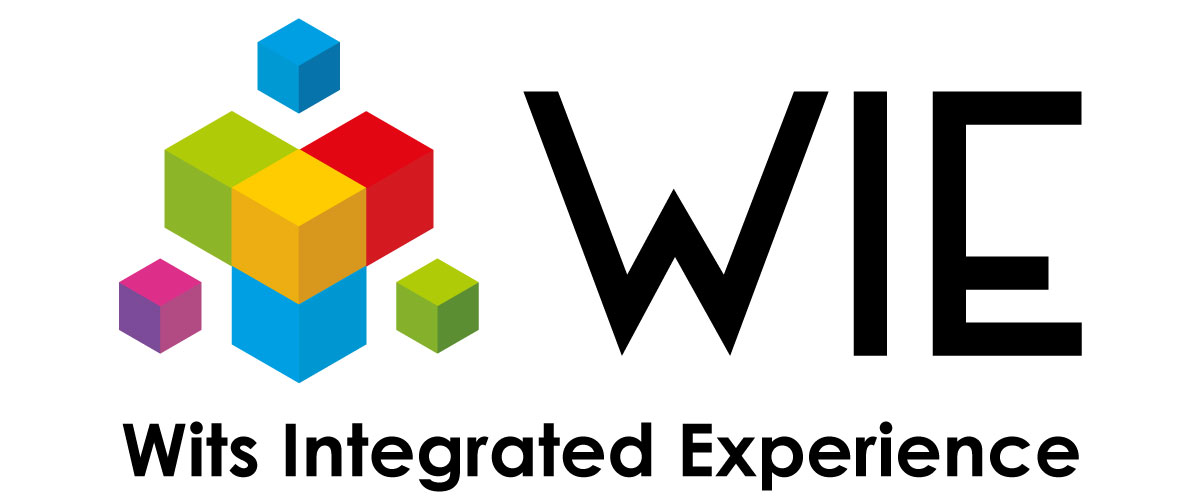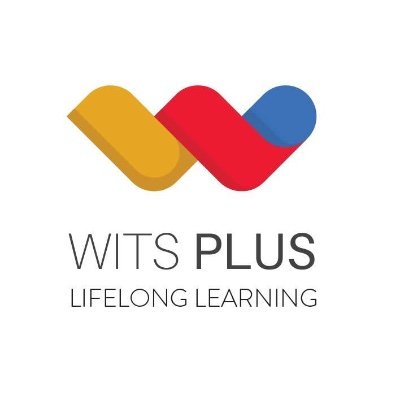
Wits Integrated Experience (WIE) Short Course
For the eighth year the University of the Witwatersrand (Wits) will host the Wits Integrated Experience (WIE), with contributions from all 5 faculties, including aspects from Science, Engineering and the Built Environment, Humanities, Health Science, and Commerce, Law and Management. The WIE is targeted at Gauteng top academic Grade 11 learners.
This short course is designed to expose learners to real life scenarios and problem-solving exercises that develop their 21-century soft skills such as critical thinking and creativity in finding novel solutions to otherwise disruptive problems. This experience will also expose learners to the evolving career opportunities within the different faculties and showcase the interdisciplinary nature of these various branches within the five disciplines. The course is exciting, with an experiential and interactive aspect to it that includes a captivating analytical exercise. This course will aid participants in making better informed decisions about subject choices, careers and higher education opportunities that lead to the future world of work.
Details for the interactive, fun-filled, single day short course are as below:
- Date: Friday, 30 May 2025,
- Time: 07h30 – 16h30
- Venue: Wits (Braamfontein Campus)
Theme: Preventing Day Zero - Securing Johannesburg's Water
On this day, students will be exposed to specialist academics in Science, EBE, Humanities, Health Science and CLM in order to gather information related to the theme: Preventing Day Zero - Securing Johannesburg’s Water Future.
N.B: Only 50 teams can be accommodated for this program. Strictly on a 1st come first served basis. No registrations will be allowed after the closing date: Friday, 16 May 2025.
Click on 'Registration' to register and find payment details.


